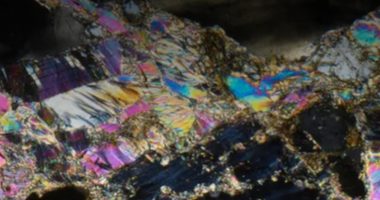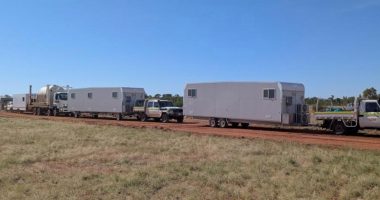- Neometals (NMT) has finalised operating and capital costs for its German commercial lithium-ion battery recycling plant
- The Primobius plant — named after NMT’s 50 per cent-owned joint venture vehicle — is estimated to process 50 tonnes of lithium-ion battery product a day, or 18,250 tonnes per year
- That forecast bears a €150 million (around A$232.77 million) capital cost estimate — a price tag that includes a 10 per cent contingency margin
- For every tonne of batteries processed, the plant is estimated to carry a €1417 (around A$2198.88) operating cost
- The next steps required to move the Primobius operation into production include demonstration plant trials and a feasibility study
- These activities are slated for completion in July and December of 2021, respectively
- Following the update, Neometal shares dipped 4.46 per cent into the red, trading at 53.5 cents
Project developer Neometals (NMT) has finalised operating and capital costs for its German commercial lithium-ion battery recycling plant.
The ASX-lister released the financial estimates in a market announcement just before the weekend. Primobius, the company behind the estimates, is a joint venture investment vehicle split between Neometals and German-based SMS Group, both of which own an equal stake in the company.
Primobius’ namesake recycling plant is estimated to process 50 tonnes of lithium-ion battery product a day, or 18,250 tonnes per year.
That forecast bears a €150 million (around A$232.77 million) capital cost estimate — a price tag that includes a 10 per cent contingency margin.
For every tonne of batteries processed, the plant is estimated to carry a €1417 (around A$2198.88) operating cost. Breaking it down, roughly a fifth of that cost will cover labour expenses, while over a quarter will fund the station’s utilities.
Today’s costings mark a slight uptake on Neometal’s 2019 scoping study estimates, which the company largely attributes to the relocation of its plant from Kwinana to Germany.
“We are extremely encouraged with the robust potential economics for Primobius’ first proposed commercial plant,” Neometals Managing Director Chris Reed commented today.
“Importantly, the operating costs have increased by less than 5 per cent from our 2019 Scoping Study estimates despite the jump from lab to pilot scale and the site relocation from Kwinana to Germany.”
“The safe production of, amongst other things, cathode-grade nickel and cobalt sulphates from a variety of battery feedstocks, using our patent-pending process, augurs well for achieving our ambitions to build Europe’s leading sustainable recycling solution.”
The next steps required to move the Primobius operation into production include demonstration plant trials and a feasibility study. These activities are slated for completion in July and December of 2021, respectively.
Ultimately, a final investment decision for the lithium-ion battery recycling station is on track for next year’s March quarter. In the same quarter, it’s hoped the plant will move into the construction phase and become operational roughly 12 months later.
Following the update, Neometal shares dipped 4.46 per cent into the red, trading at 53.5 cents at 1:53 pm AEST.

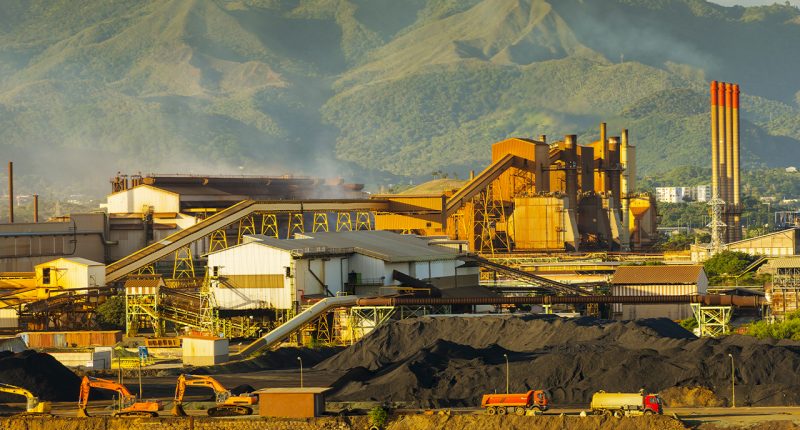
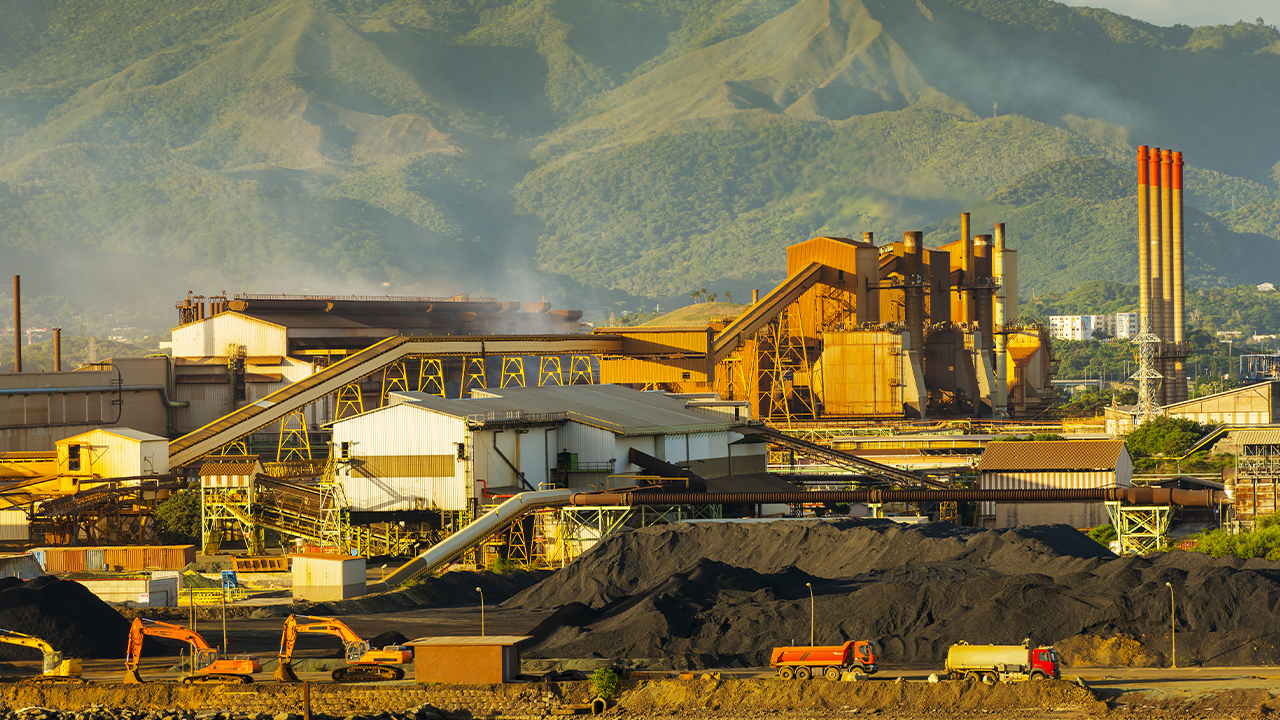

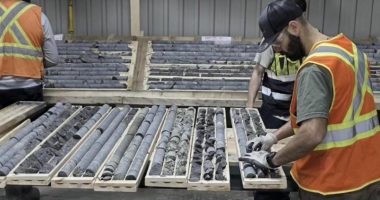
-1200x645-380x200.jpg)
